The Relationships Heatmap is an interactive diagnostic tool that helps you explore your areas of strength and areas for improvement when it comes to building good relationships. The team at the Carnegie UK trust share their experience of using the tool, and what it’s inspired them to do.
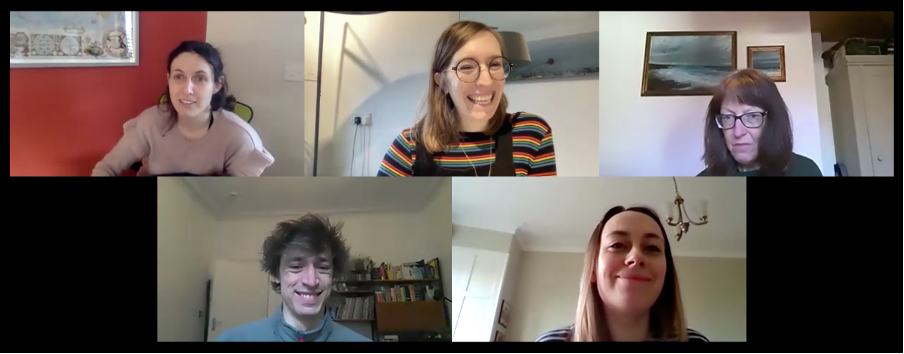
Who are you and what were you hoping to achieve with the Heatmap?’
At the Carnegie UK Trust, we seek to improve the lives and wellbeing of people throughout the UK and Ireland, particularly those who are disadvantaged. We do this by influencing public policy and changing lives through innovative practice and partnerships.
In our work on kindness and flourishing towns, we’ve thought a lot about how we create the conditions for relationships in communities. However, in this workshop, our ‘place’ – the network of actors who influence public policy across the UK – was a bit more conceptual. So we were interested to use the Heatmap to see how it works and what we could learn about our relationships with a much broader network of people and organisations.
“Carnegie has a long and deep history and commitment to creating a more relational society.”
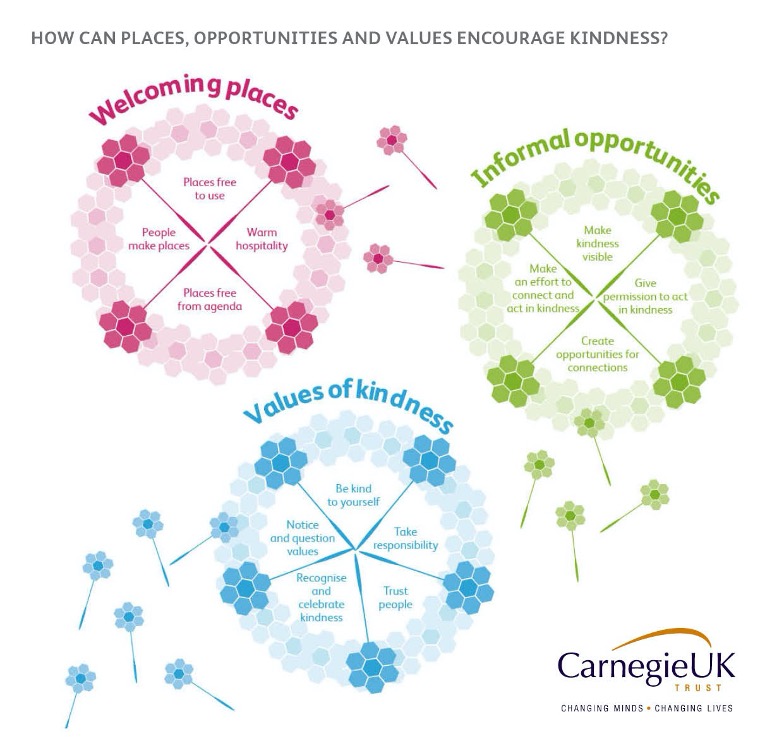
What did you learn from using the Heatmap?
1. We had strong alignment when it comes to our ‘motivation’
The Heatmap showed us that, as a team, we all scored ourselves highly for the level of importance we place on building strong relationships. Relationships are something important to all of us, and we also feel conscientious about our relationship building practice. We also recognised that we had more skill across our network in building relationships than we originally may have realised.
“Reflecting in this session has made me realise we do have a lot of skills and capabilities in building relationships – we should be more confident about this!”
2. We were ‘cooler’ when it came to our ‘influence’
As a team, we chose to hone in on the level of influence we have over our key relationships as an area that was ‘cooler’ in our place. We think a lot about how we tackle ingrained systemic inequality and concentration of power in the hands of a few, and so we asked ourselves: “How can we ensure all of the different actors in our space have influence?” We reflected on how different models for broader democratic engagement, including participatory approaches such as citizens assemblies, are key to this.
We also discussed the need to make a business case to influence decision makers on the value of working in more relational ways.
“There is a strong business case for this. We have the evidence that investing time to listen to people and build strong relationships with whoever it is you’re working with – whether that’s the country of Scotland or the business of Timpsons – is going to have a better outcome in the long run.”
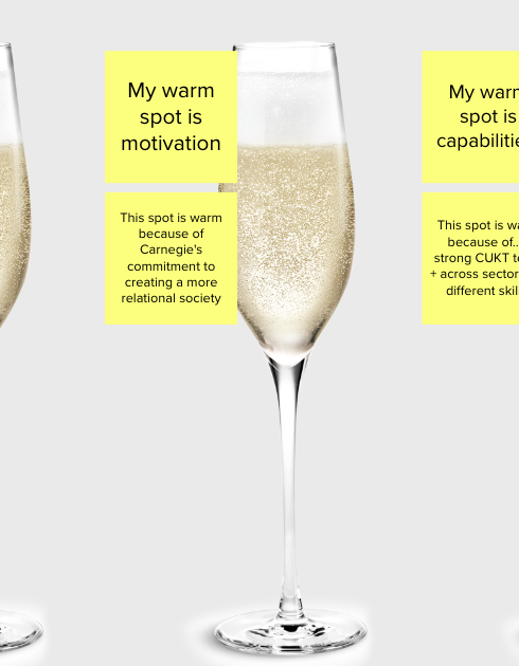
How are you putting your learning into action?
We left the Heatmap session with some concrete steps:
- We’re going to take some time to map out the ecosystem of relationships that exist with various stakeholders and take some time to really work to understand these better.
- As a Trust, we want to increase the number of people and the range of people who have influence. In order to do that, we need to identify who our allies are, and then think about who we are trying to influence as a wider group of allies.
- We’re each going to take one organisation we work with as a Trust and seek to build a better relationship with them over the next year.
We’d also like to identify organisations that are part of our space but with who we don’t currently have existing relationships, and work to grow these relationships.
“We were able to explore a familiar conversation from a different perspective, and we came away having had a chance to really consider the network that we are trying to influence, and the ‘how’ and ‘where’ we might be best placed to do so.”
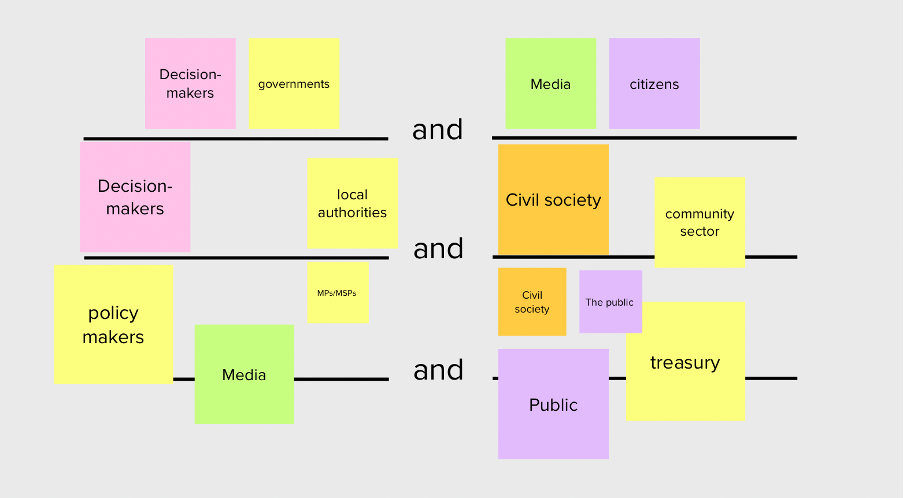
We host interactive workshops for organisations looking to dig into their collective heatmaps. If you’re interested in finding out more, please get in touch with immy@relationshipsproject.org
Read more
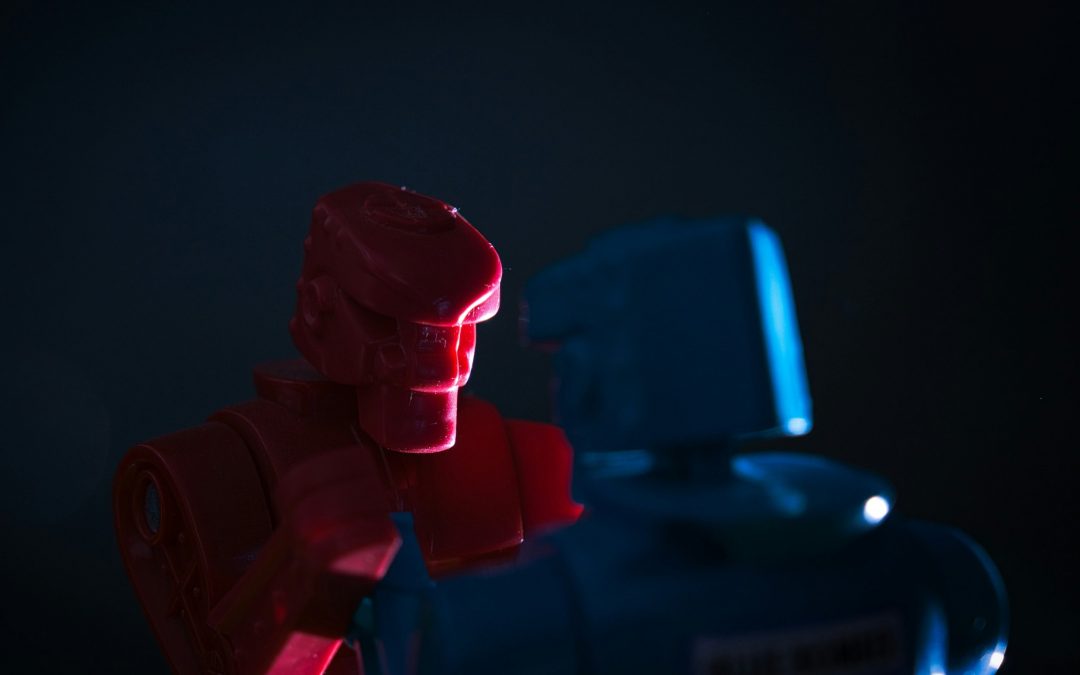
Hearts vs handbooks? Relationship-centred practice in schools
In brief In this blog, Verity Howorth - Relationships Collective member and Director of Training at Reach Foundation - speaks to Jonathan Black, Headteacher at Bridgewater College Academy, about the need to centre relationships in our schools. Only by doing so, they...
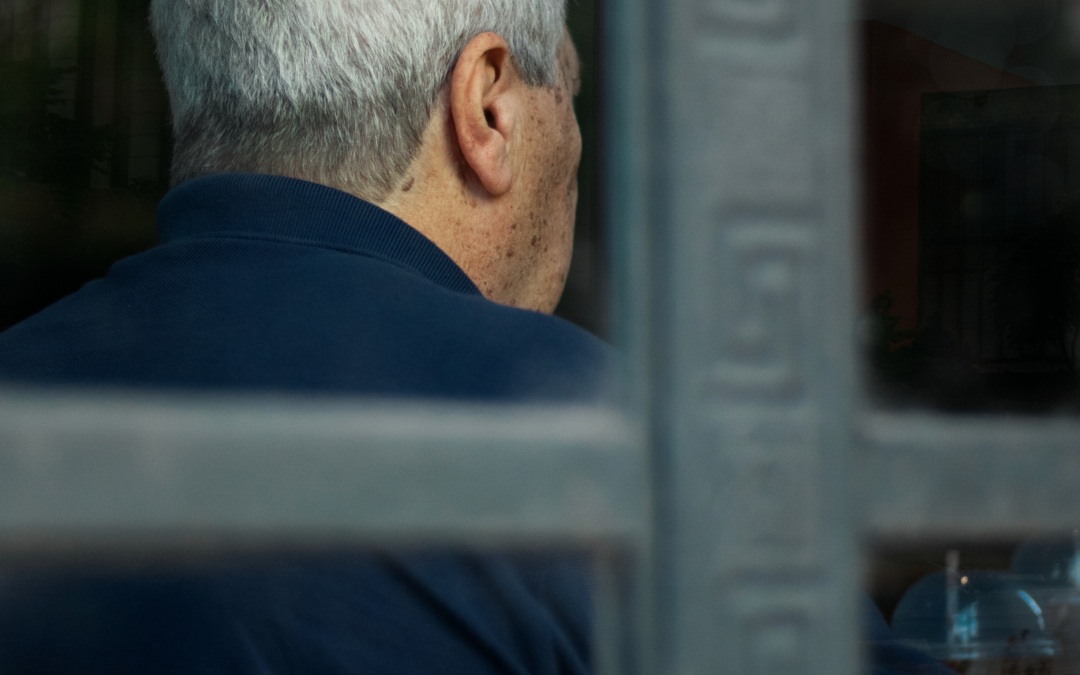
Reflections on our discussion about relational phrases
In brief This week, twenty of us gathered on Zoom to discuss the language we use when talking about relationships. The conversation was inspired by the publication of a glossary of relational phrases and, while we discussed definitions on the call, the conversation...
